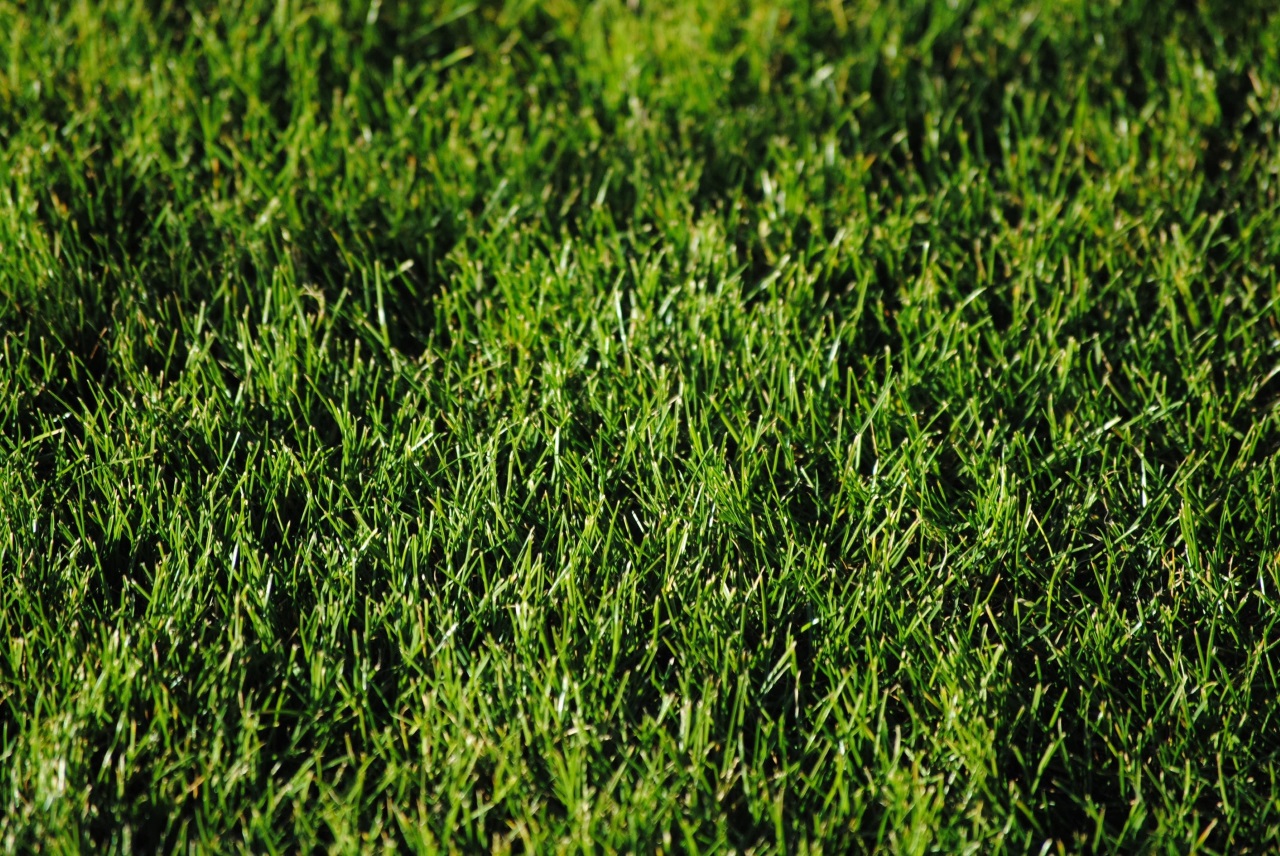If you're just getting started on your green thumb, you may not know how easy it can be to maintain a good lawn or garden. Understanding the balance necessary is vital for fertilizing, watering, or otherwise caring for your plants. Whether you intend to start your own vegetable garden or want a lawn the neighbors will be jealous of, these tips should help you out.
Promoting Growth
The first thing most people think of when they want to start growing is fertilizer. If you don’t live in an area with nutritionally rich soil, you may need to buy fertilizer to help your plants grow. What we suggest however is that you don't panic in this regard; most fertilizers are more effective than new gardeners think, and it is only essential to apply it once or twice a year to your plants.
Continuing on that thought, don’t just toss out that dirt or old plant trimmings when you’re done! Plants often generate nutrients that can benefit other greens that grow after them. Many farmers know no two vegetables use the same parts of the soil. If you mow or trim your lawn, leave the cut grass there to provide for your lawn’s future growth. If you’re going to reuse a plant bed consider a new flower or crop that’s likely to feed on nutrients your previous one left behind.
Quality Over Quantity
Another clever trick may change your perception of how to water plants. It’s true that plants need a lot of water, but watering flowers or garden vegetables every isn’t necessarily the right approach. Most garden ready plants benefit more if you provide a single, deep soak or at most two a week. It is better for the dirt to become deeply saturated than to water daily but not break the surface.
Plants differ from other living things in one way that's very useful for new gardeners; trimming them carefully can actually make them healthier and promote growth. There's no need to overdo this particular step though; if you are cutting grass, try to only remove the upper third of your lawn. If trimming garden plants, just look for leaf edges or stalks that have turned brown.
Finally, before planting your new garden or fresh grass remember to take account of what sort of dirt you're using. If the soil is hard and packed, consider tilling it before you ever plant your first seed. Once you start planting there will be no way to go back to this without potentially destroying your growing plants. Packed dirt prevents the circulation of air, which can choke your growing garden.
Timeless Gardens
Gardening is one of the oldest professions known to Mankind, and it’s easy for anyone to get started. But knowing how to care for your lawn, let alone an entire garden, is a science humanity is still studying to this day. Despite this, don't allow yourself to be daunted when thinking about showing off your green thumb; with these few helpful tips, you should see greener plants in your area in no time.
